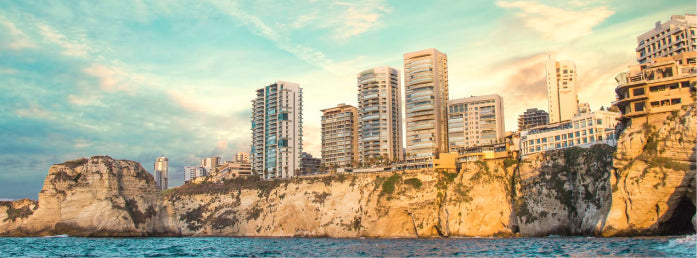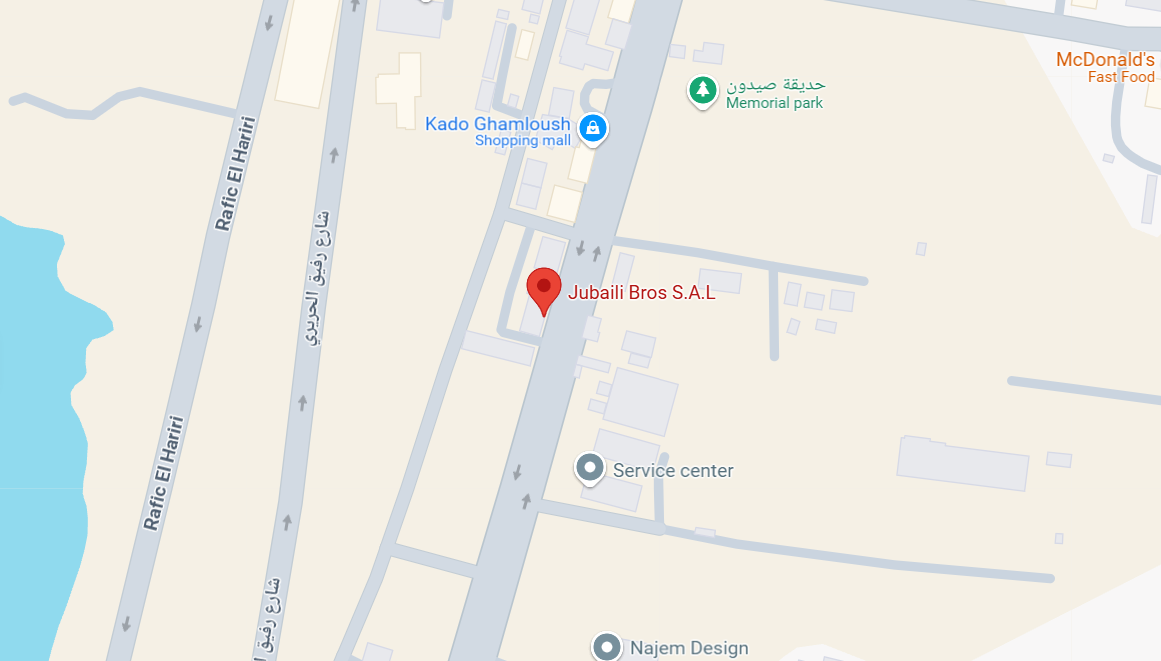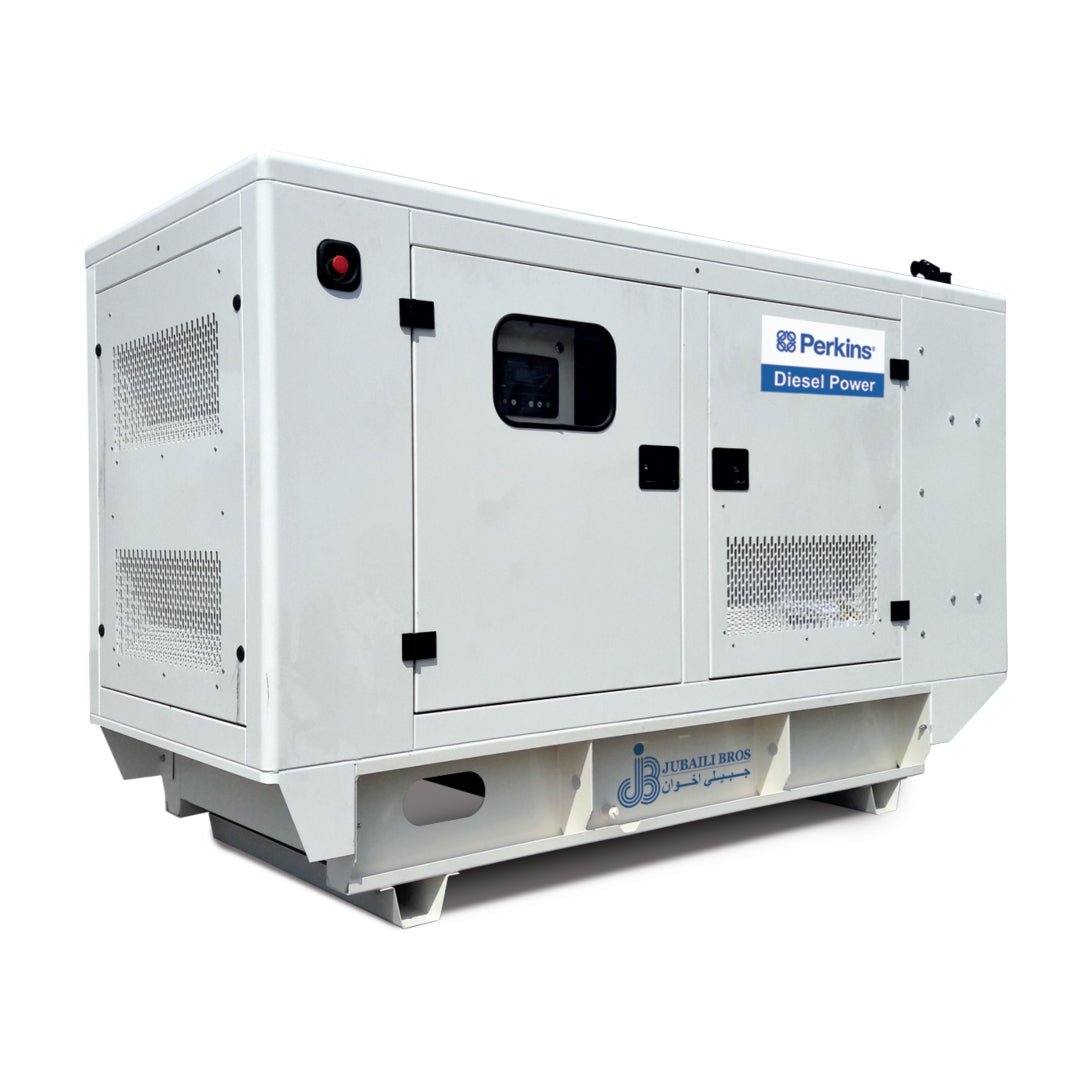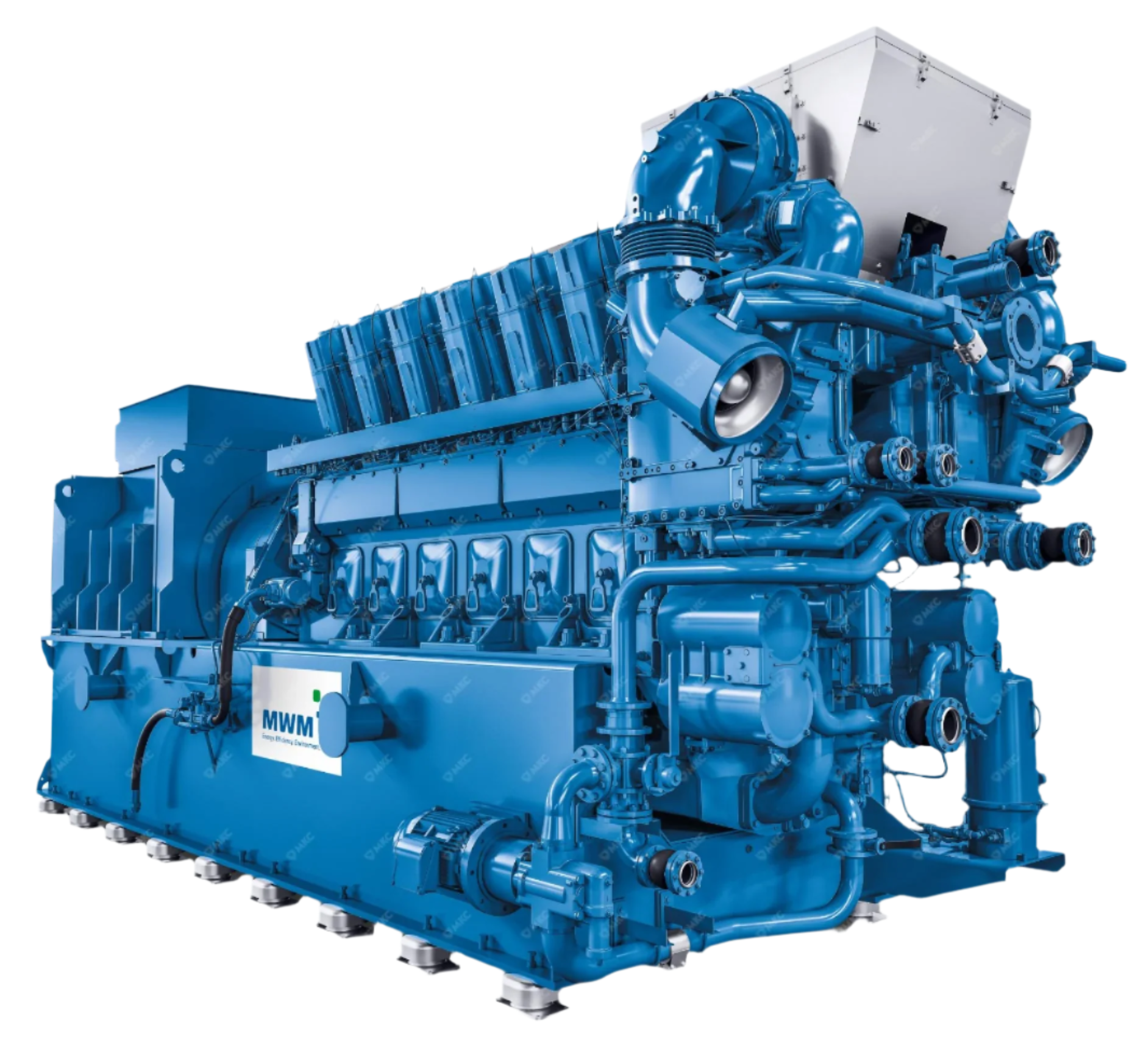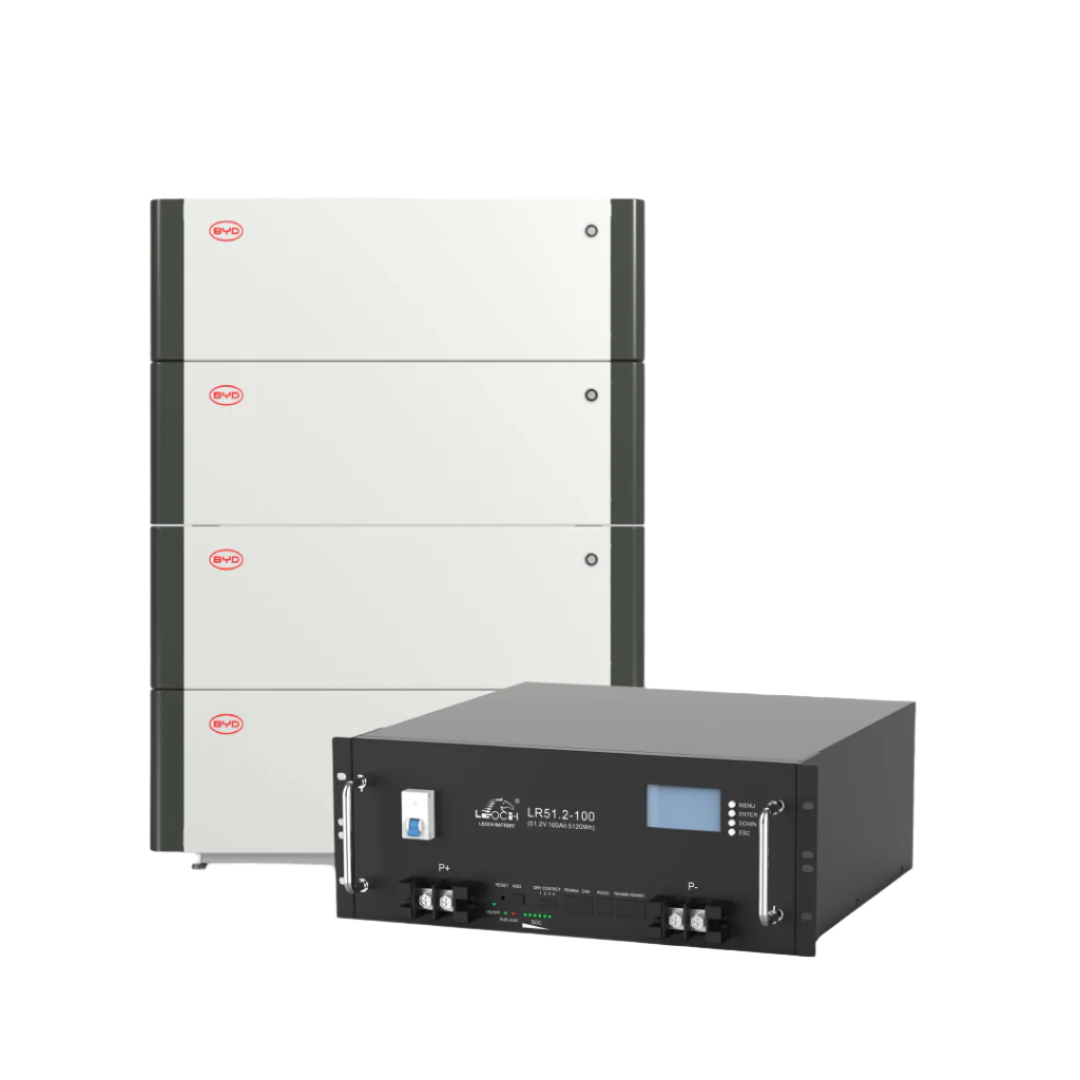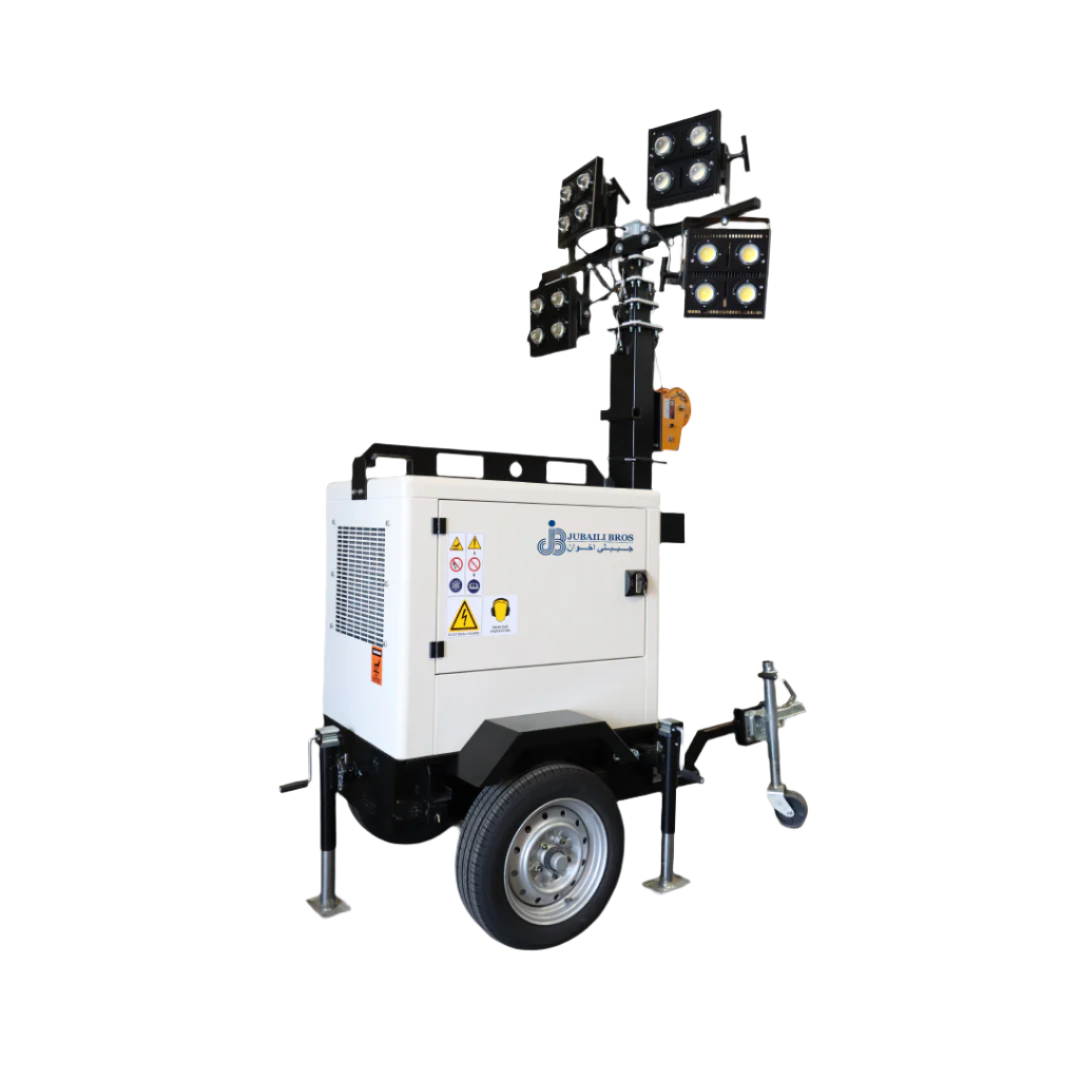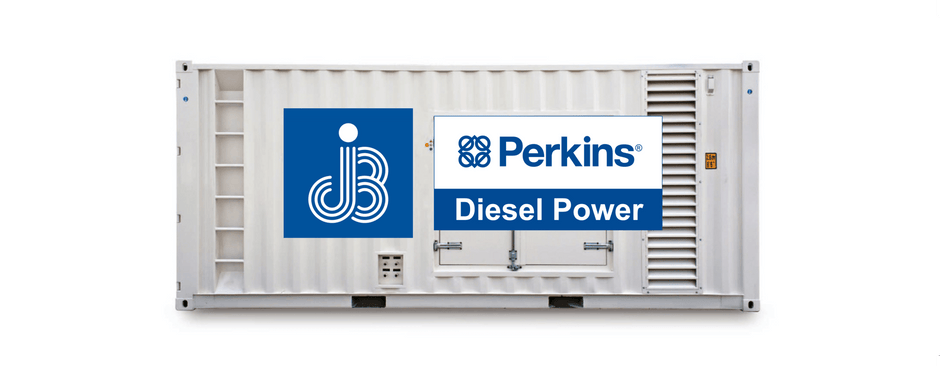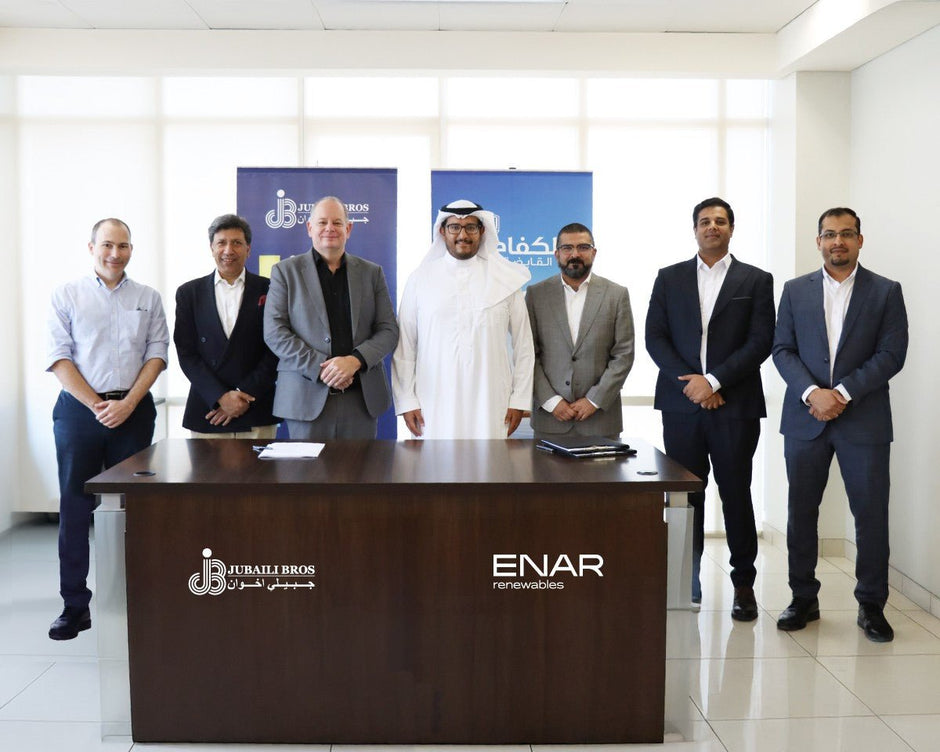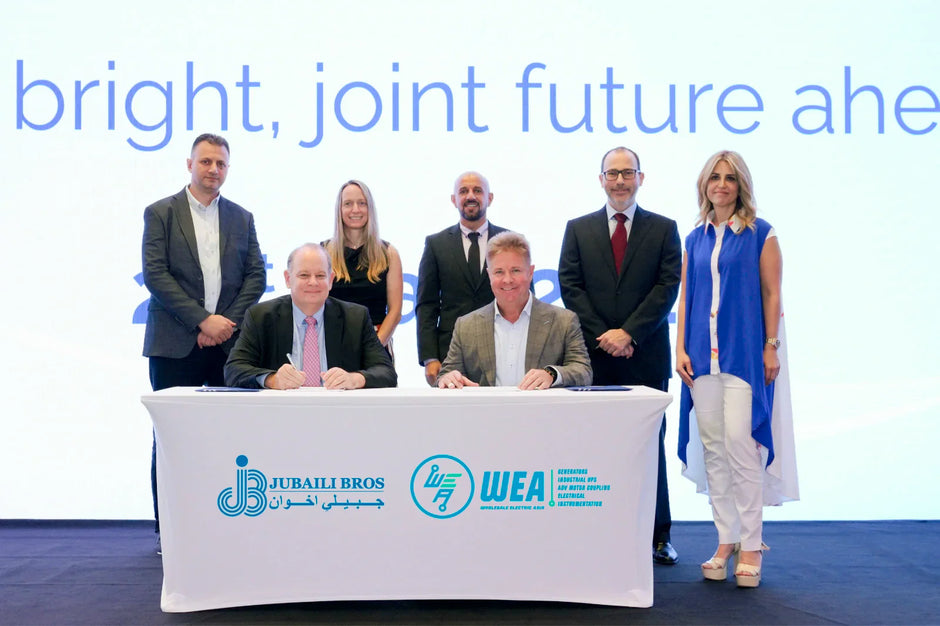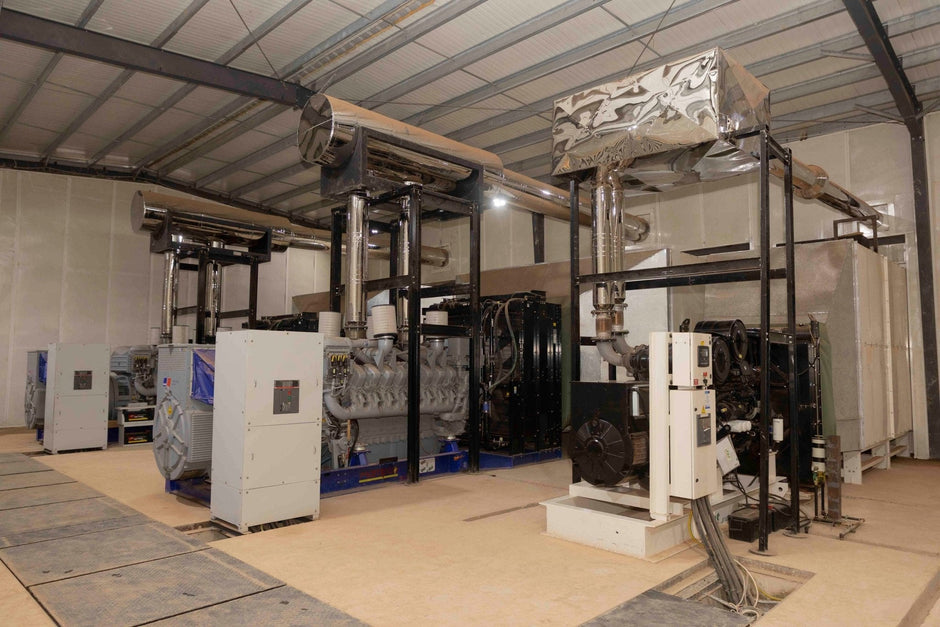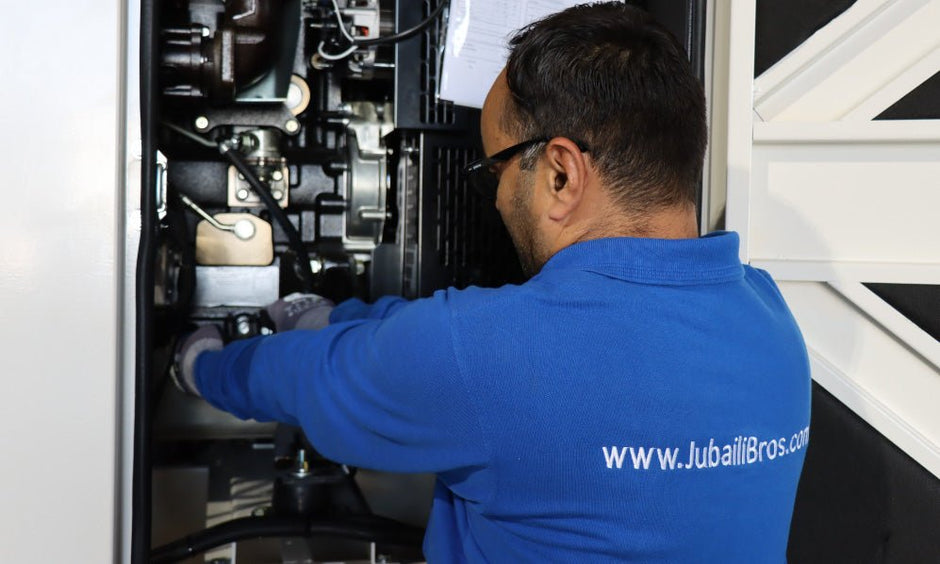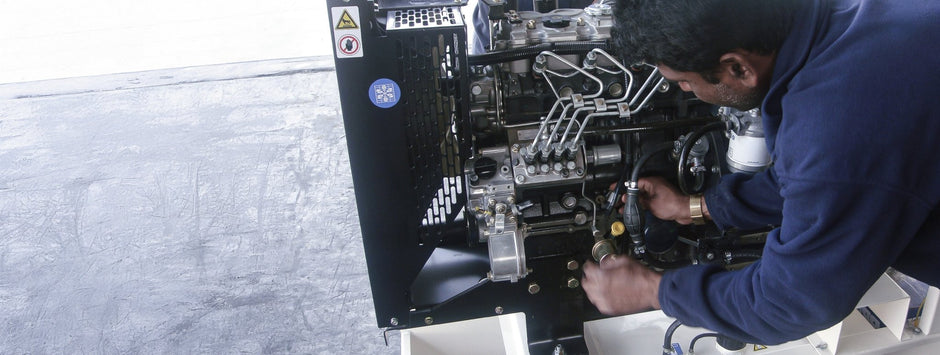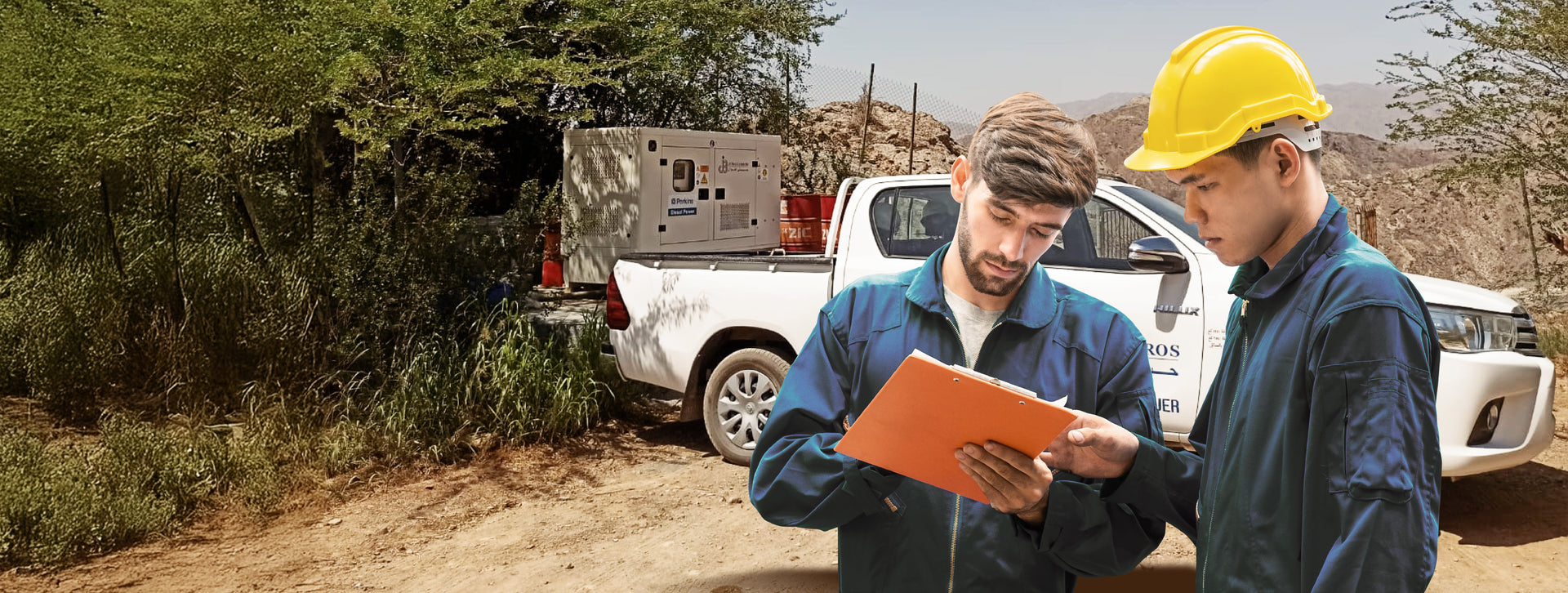Installing a diesel generator is a strategic investment in energy resilience—but it is also a regulated activity. Whether for commercial, industrial, or residential use, obtaining the correct permits is essential to ensure safety, legal compliance, and smooth project execution. From emissions to electrical codes, each jurisdiction enforces standards that impact installation timelines and design. This article outlines the key permit types, explains who issues them, and shows how Jubaili Bros supports customers throughout the regulatory process.
Why Generator Permits Are Essential
Permits are designed to ensure that generator installations meet requirements for safety, environmental protection, and electrical integrity. These rules are especially critical for projects near populated areas, hospitals, data centers, and industrial facilities where noise, emissions, or fire risk can impact surrounding infrastructure.
Failure to obtain required approvals can result in serious consequences, including:
- Fines and mandatory shutdowns
- Delays in building occupancy or project commissioning
- Voided warranties and insurance policies
- Reputational damage in regulated sectors
Types of Permits Commonly Required
Permit requirements vary by country and municipality, but typically fall into the following categories:
- Environmental Permits: Ensure proper emissions control, spill prevention, and fuel storage safety.
- Electrical Permits: Required to integrate the generator with a facility’s electrical infrastructure. Issued by utility or electrical inspection authorities.
- Construction or Building Permits: Cover structural elements such as generator pads, exhaust routing, sound enclosures, or penetrations through walls.
- Noise Compliance Certificates: Validate that generator noise levels fall within allowable limits, especially in residential or mixed-use zones.
- Fire Safety Approvals: Address spacing, ventilation, and diesel fuel handling in accordance with fire codes and insurance guidelines.
Authorities Involved in the Permitting Process
Permits may be issued by one or more of the following bodies depending on the location and application:
- Municipal or Civil Defense Authorities
- Ministries of Environment or Environmental Protection Agencies
- Fire Departments and Safety Departments
- Electrical Regulatory Commissions
- Utility Companies (especially for grid-parallel systems)
In the UAE, for example, approvals might come from Dubai Municipality and DEWA. In Saudi Arabia, the Royal Commission or Civil Defense may be involved. In Nigeria, both the Federal Ministry of Environment and local urban development councils may issue permits.
How Jubaili Bros Supports Permit Approvals
Jubaili Bros provides end-to-end support to help customers secure the permits required for installation and operation. Our engineering and sales teams are well-versed in local standards across the Middle East, Africa, and Asia, and we tailor our deliverables accordingly.
Typical support includes:
- Technical Documentation: Generator layout drawings, SLDs (single-line diagrams), and foundation drawings.
- Emissions & Noise Compliance: Tier-level certificates, Stage IIIA compliance data, and acoustic test reports.
- Regulatory Alignment: Engine selection and enclosure design that conform to site-specific noise and emissions limits.
- Inspection Assistance: On-site coordination with consultants, inspectors, or fire authorities during commissioning.
Common Permit Mistakes to Avoid
To prevent project delays or rework, watch for these frequent errors:
- Assuming small generators (e.g., 15–50 kVA) do not require permits
- Failing to consider future load expansion, which may impact compliance
- Placing the generator too close to windows, property lines, or access paths
- Overlooking the need for ATS installation permits or switchgear documentation
Special Considerations: Off-Grid vs Grid-Connected Systems
Off-grid generators may only require emissions and structural permits. However, grid-connected sets—especially with auto-synchronization—must meet stricter utility interconnection rules, including protection relay settings, transfer switch logic, and frequency/voltage matching protocols.
Emissions Compliance by Region
Jubaili Bros supplies diesel generators that comply with regional environmental regulations, including:
- US EPA Tier 2 and Tier 3
- EU Stage IIIA
- Middle Eastern Ministry of Environment directives
- African national emissions codes
Our teams consider site-specific factors such as altitude, temperature, and ambient load profile to ensure that emissions performance remains within limits—even under de-rated conditions.
Permitting in Practice: A Saudi Arabia Example
For a 500 kVA standby generator in a Riyadh logistics center, the permitting process might involve:
- Approval of the generator room layout and airflow path by the municipality
- Noise compliance certificate showing ≤ 65 dBA at 7 meters
- Electrical interconnection approved by the licensed consulting engineer
- Tier 2 emissions certificate submitted to the Ministry of Environment
Jubaili Bros would supply all technical documents, coordinate with the project team, and support regulatory submissions from initial review through final inspection.
Built-In Compliance: The Jubaili Bros Advantage
Our generator sets are engineered with compliance in mind—from acoustic enclosures and emissions-certified engines to controller-logged runtime data for inspection readiness. We also offer direct OEM warranty coverage, avoiding third-party referral loops that delay approvals or complicate after-sales support.
Conclusion
Permitting is not a formality—it is a vital step in safe and lawful generator deployment. With careful planning, the right documentation, and a supplier that understands local regulations, the process can be fast and straightforward.
Need help navigating permitting in your market? Contact Jubaili Bros—our team delivers compliant power solutions from start to finish.


